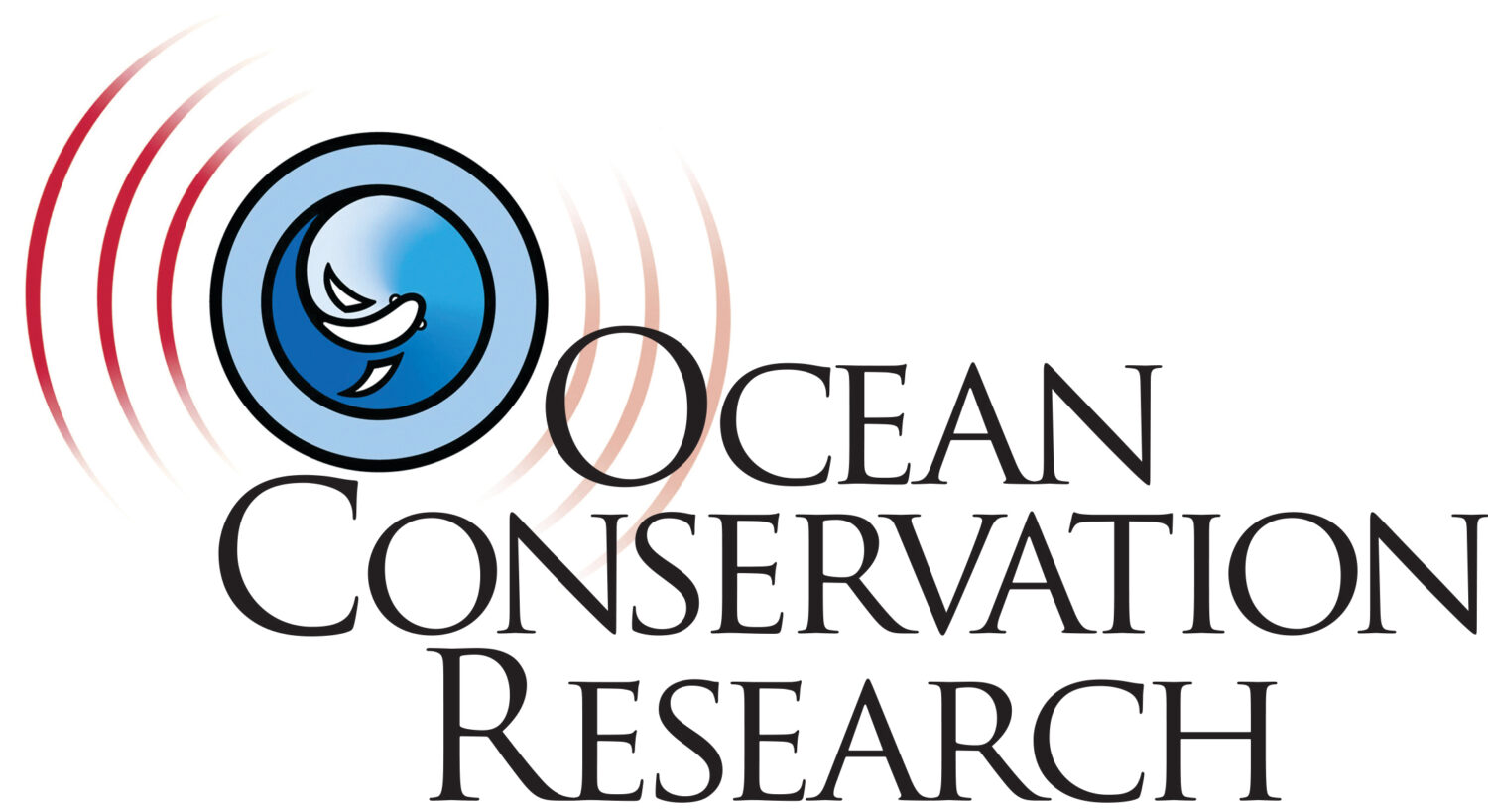I spent last week in San Diego attending a workshop sponsored by the Bureau of Ocean Energy Management (BOEM) on the impacts of human generated noise on marine fish and invertebrates. Having watched the field of ocean noise impacts roll slowly forward in fits and starts for 20 years, this workshop is really a breath of fresh air (or a gulp of fresh water).
Most of what has driven the ‘noise impacts’ discussion over the years has been concern for marine mammals – both from regulations such as the Marine Mammal Protection Act and Endangered Species Act, and from the concerns of the public for the critters that are called “marine charismatic megafauna” in the conservation business.
Of course the ocean is much more than a menagerie of iconic animals; it also includes a vast portion of the biota – from the simplest bacteria and archea to the most complex communities of fish, invertebrates, and marine mammals – upon which all life on earth depends.
We have afforded a modicum of protection for some members of this menagerie with regulations because they inspire us or feed us. But our regulatory frameworks do not protect all of the animals which are impacted by noise and that make up the web of ocean life.
This is why the BOEM workshop was so exceptional. It brought together many of the world’s experts on marine bioacoustics to spend a few days digging down into our concerns and understandings about the impacts of noise on the less charismatic, but nonetheless equally important members of the animal kingdom found in the sea.
BOEM’s objective falls under the recent “ecosystem based management practices” advanced by NOAA Director Jane Lubchenko “to make non-arbitrary management decisions that are scientifically informed.” Our objective as attendees was to form a basis of understanding and inquiry that informs BOEM about impacts of noise on the diverse species of marine fish and invertebrates.
While this meeting did not solve all of the ocean’s acoustic mysteries, it provided a substantial opening to bring biologists, acousticians, physicists, and engineers together to work toward common strategies on understanding and decreasing our acoustical impacts on marine life.
After a decade of inaction on federal ocean policy, this is really something to celebrate.

